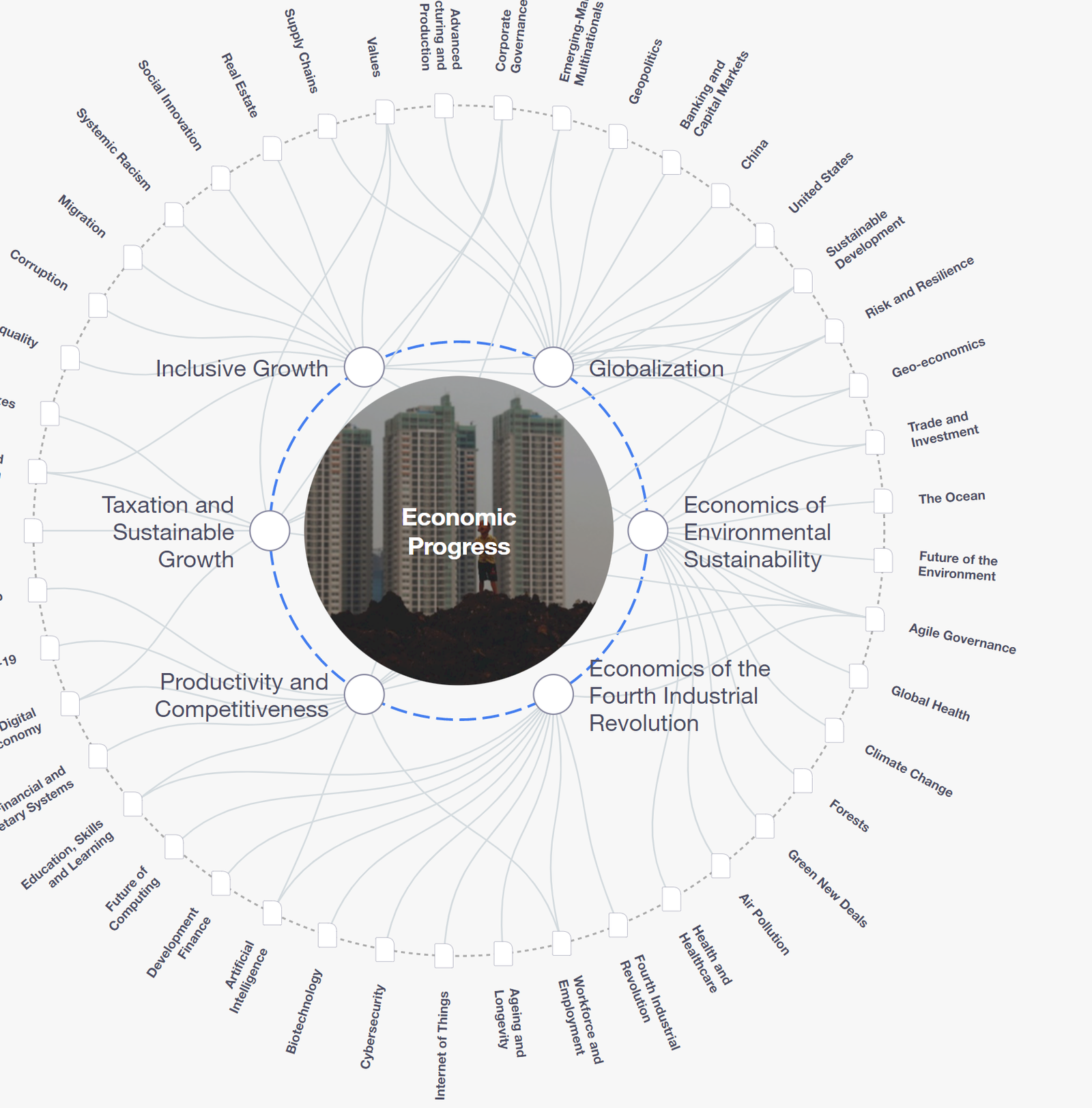Recognizing the World Economic Situation
In a globalized world of commerce, money, and technology, it is critical to comprehend each nation’s economy.
This article explores the complexities of international economic environments, illuminating the forces, obstacles, and patterns that influence countries’ financial fates.
Elements That Affect National Economies
There are a few important variables to consider while discussing the economies of different nations. Among the most important measures of a country’s economic health are its GDP, inflation rates, and unemployment rate.
These measures give investors and policymakers alike an overview of the general health of a nation’s economy. Campion News
Economic Superpowers
Certain countries are notable for their strong economic performance and substantial contributions to the world economy.
Leading the way in international trade, finance, and technological developments are the United States, China, and the European Union.
Comprehending the workings of these important actors is essential to understanding the economy as a whole.
Developing Markets
Even while financial behemoths make most news, emerging economies are essential to changing the dynamics of the world economy.
Rapidly growing nations like South Korea, Brazil, and India are upending conventional wisdom and bringing new insights to the global economy.
It is imperative to closely monitor these emerging stars in order to predict changes in the global economic paradigm.
Dynamics of Trade and Commerce
In the field of economics, commerce internationally is essential. International trade in products and services promotes economic interdependence, resulting in a precarious equilibrium that affects everything from currency prices to geopolitical relations.
Analyzing a nation’s trading patterns might reveal important information about its objectives and economic policies.
Financial Metrics
A country’s economic health can only be fully comprehended by looking at particular indicators. Both the Purchasing Managers’ Index (PMI) and the Consumer Price Index (CPI) provide complex insights into corporate operations, consumer spending, and inflation.
Economists and decision-makers working to preserve economic stability depend heavily on these data.
Economic Growth and Technology
Technology is a major factor in the 21st century economy’s growth. In a world that is changing quickly, countries that embrace innovation and digital transformation have a better chance of prospering. Technology, ranging from artificial intelligence to e-commerce, not only alters businesses but also affects a nation’s ability to compete internationally.
Obstacles That Nations Face
Even if economic prosperity is promised, nations nonetheless face many difficulties. Even the strongest economies can suffer greatly from high debt levels, unstable political environments, and natural disasters. It is essential to recognize and tackle these issues in order to guarantee robust and sustainable economic growth.
Policies of the Government and the State of the Economy
The state of the economy is directly impacted by government policies. A nation’s economic course is shaped by its regulatory structures, business incentives, and fiscal and monetary policies. Examining these policies offers insightful information about the possible advantages and disadvantages of a specific economy.
Goals for Sustainable Development
The world community has realized in recent years how critical it is to match sustainable development objectives with economic growth.
A prosperous economy must be balanced with social and environmental concerns in order to guarantee a future that is fair and peaceful for all.
Financial Inequalities
While some countries prosper, others struggle with economic inequality. The disparity between rich and developing nations calls into question the global economic system’s inclusion and justice. Reducing these differences calls for international cooperation.
Future Directions of the World Economy
The world economy’s future is characterized by volatility and quick changes. Unpredictable occurrences, geopolitical shifts, and evolving technologies can all reshape economic landscapes.
It is imperative for individuals, corporations, and governments to anticipate and adjust to these changes.
Case Studies
Let’s examine several case studies to show the intricacies of the economies in each nation. Analyzing the economic histories of countries such as Brazil, South Africa, Japan, and others can teach us a lot about the various opportunities and problems that different regions face.
Effects of International Events
Global events have a significant impact on the global economy, including pandemics, economic downturns, and geopolitical conflicts. Examining the effects of such occurrences provides insight into how resilient and adaptive countries may be when faced with hardship.
The Direction of Travel
In summary, each nation’s economy is a tapestry made of a variety of possibilities, difficulties, and influencing factors. Navigating the complexity of our linked globe requires an understanding of the subtleties of each country’s economic journey.
As we advance, cooperation, creativity, and environmentally friendly methods will be essential in creating a robust and equitable global economy.
Commonly Asked Questions
. What effects does inflation have on a nation's economy?
. A nation’s currency loses purchasing power due to inflation, which has an impact on interest rates as well as consumer prices.
. What part do policies from the government have in economic development?
. Fiscal and monetary policies, among other government initiatives, have an impact on economic development, stability, and general prosperity.
. In what ways might developing nations support stability in the world economy?
. Emerging economies contribute to a more stable and diversified global economy by bringing new ideas, technologies, and market opportunities.
. Why is economic growth dependent on sustainable development?
. By balancing economic growth with social and environmental concerns, sustainable development builds a more resilient and just future.
. How do world events affect the dynamics of international trade?
. The dynamics of international trade can be affected by global events that disrupt supply networks, change consumer behavior, and influence trade regulations.
